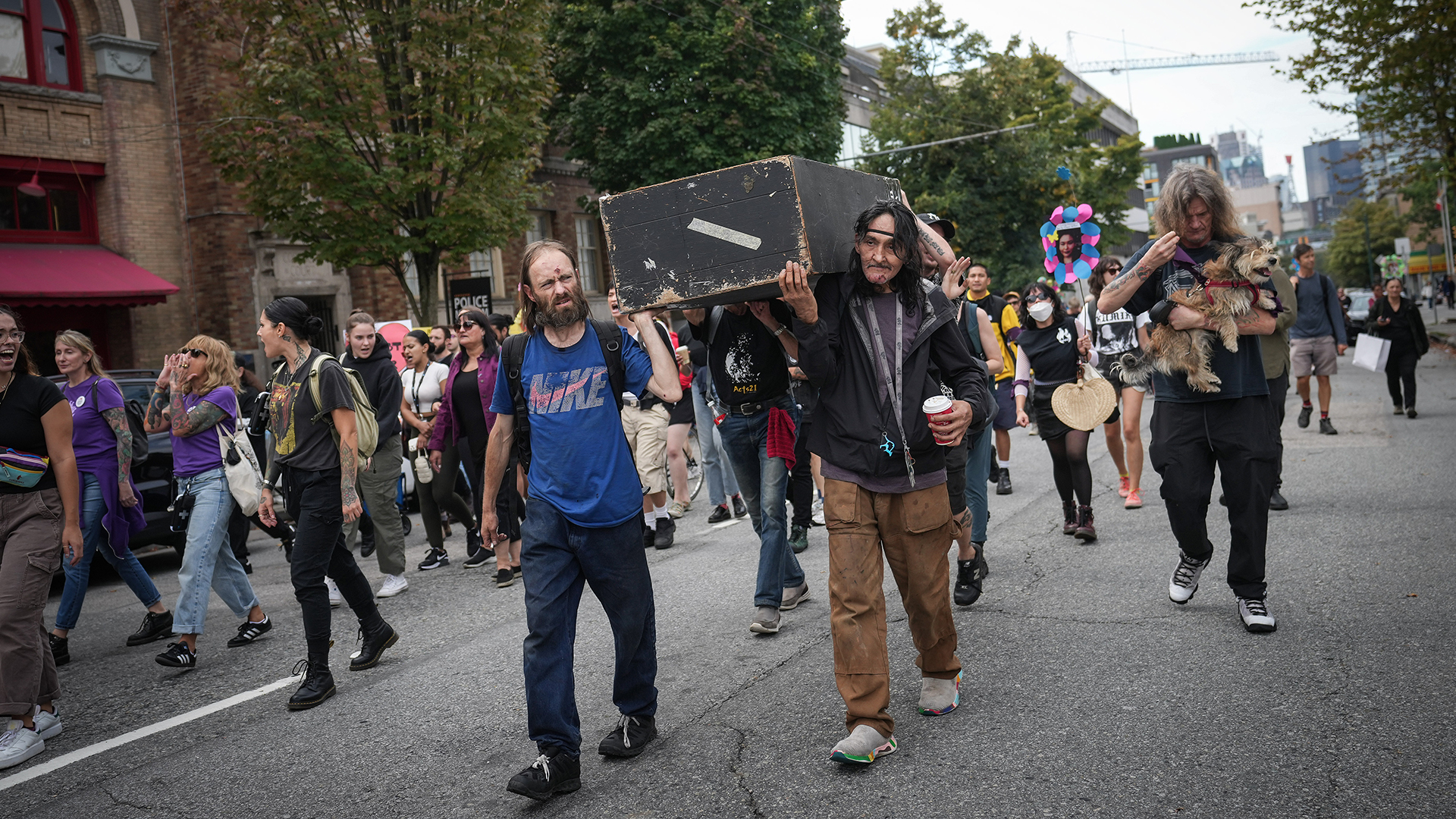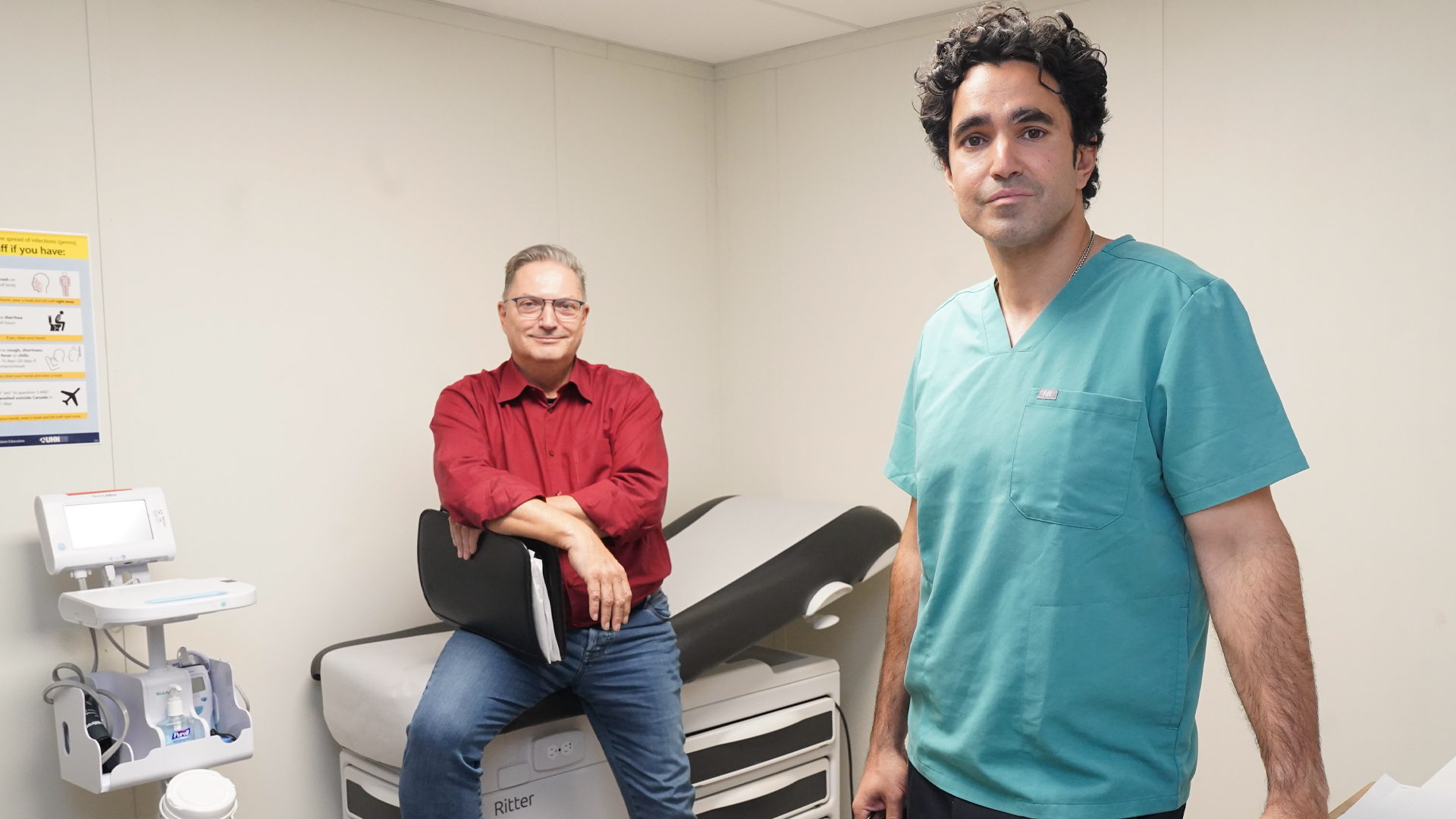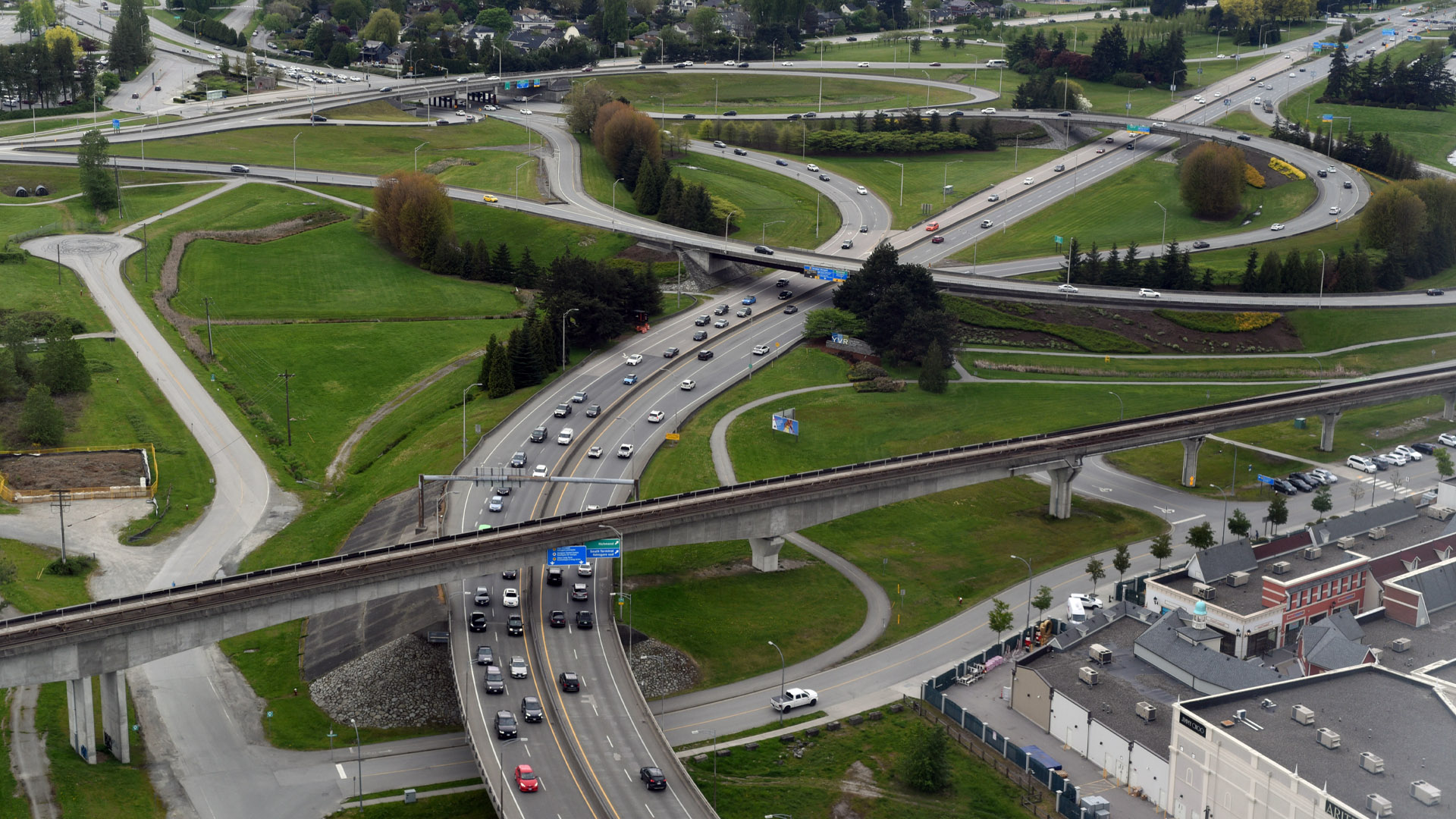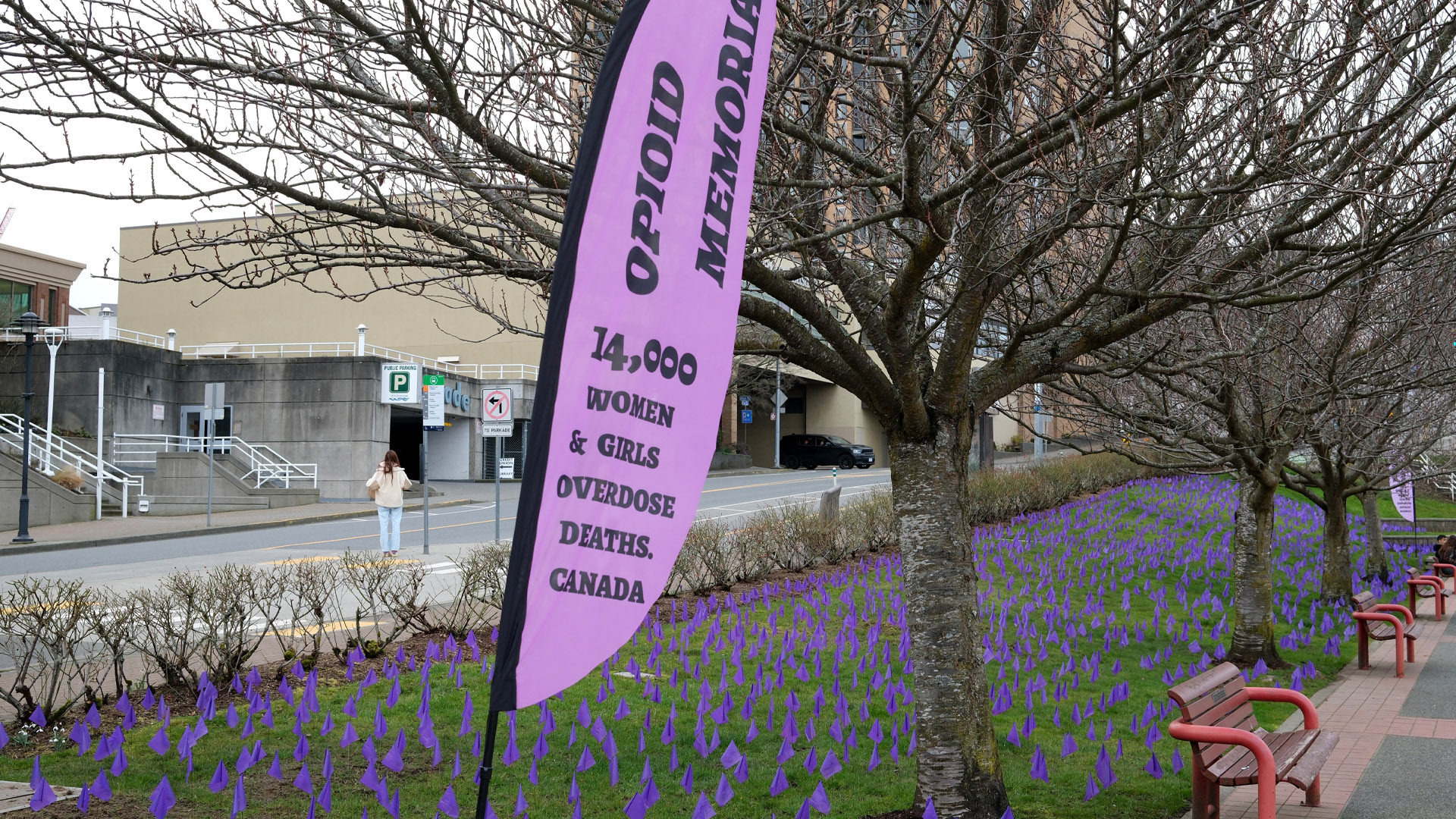
Decriminalization of drugs is viewed as one tool to address the opioid crisis. British Columbia is the first Canadian province to decriminalize drugs and the work being done in Oregon was considered in implementing B.C.’s pilot project.
However, decriminalization in Oregon has attracted a great deal of attention – including scathing criticism.
What emerges from a reading of these critiques is that the problem in Oregon is not decriminalization. It’s the shortcomings in how the reform has been administered and the framing of the commentary.
In 2020, 58 per cent of voters backed decriminalization in that state. Having a small amount of a variety of drugs results in a small fine. Drug arrests are down. Stopping arrests for simple drug possession is a central goal of decriminalization, particularly because arrests disproportionately affect minorities.
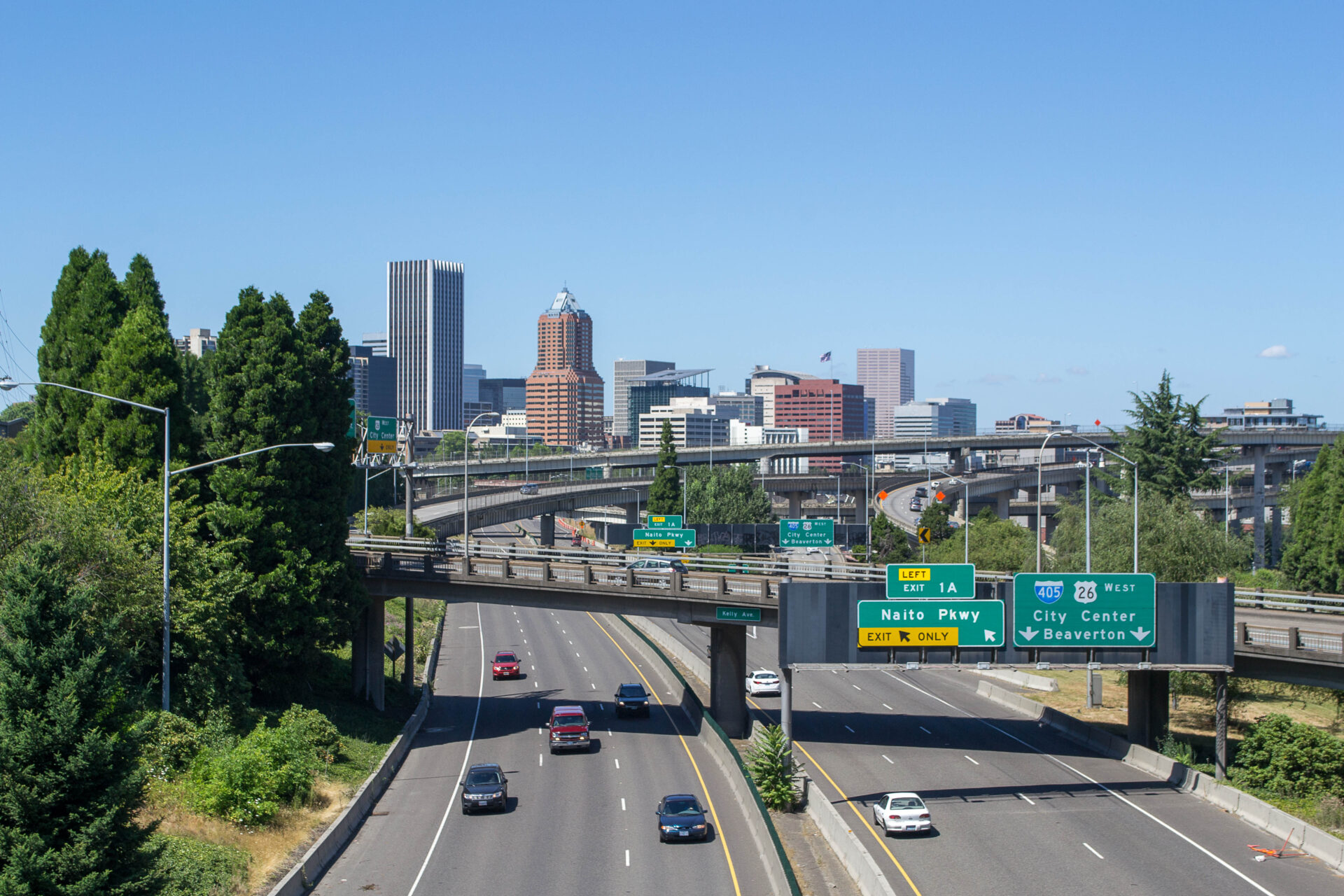
But other results have not been positive. Daily life in Portland has been depicted with images of homeless drug users lying in the streets defecating, urinating and performing various sex acts.
At the same time, overdose deaths in Oregon have risen beyond the national numbers. New York Times writer Brett Stephens stated: “I’d think twice before replicating this reckless experiment elsewhere.”
The Economist, which has been supportive of shifting from criminalization to regulation, wrote: “Oregon botches the decriminalization of drugs.”
There are a number of complaints being voiced about decriminalization. Rates of deaths from drug toxicity have increased. Portland has become unliveable because of drug consumers. And few substance users are taking advantage of treatment that was meant to be a substitute for criminal sanctions.
However, a look at national statistics reveals that the rise in death rates in Oregon is about the same – or less – compared with several states that did not decriminalize drugs.
More importantly, these statistics do not answer a critical question. Are these deaths attributable to greater drug use or to an ever increasingly toxic supply of illegal drugs?
In any event, decriminalization cannot respond to drug supply issues. It only removes criminal sanctions for possession and consumption. To combat the flow of poisoned substances, drugs would have to be regulated through legalization (or safe supply projects such as the select ones that are taking place in Canada).
In terms of liveability, as Jacob Sallum writes: “Eliminating criminal penalties for drug possession does not require tolerating public drug use, defecation, or blow jobs.”
Dealing with these issues is hard because they are related not only to some drug use but also crises in poverty, homelessness and mental health. Still, problems of public disorder can be subject to reasonable controls and sanctions.
Finally, few users in Oregon have availed themselves of support services. Critics suggest that it was a mistake not to threaten sanctions so that those caught with drugs would take treatment to avoid penalties.
The question is whether coerced treatment is effective. Studies suggest likely not. Its ineffectiveness is why coerced treatment is, generally, not imposed on those struggling with alcohol dependence.
Dog whistles and decriminalization of drugs
Legalize and regulate non-medical use of all drugs, prioritizing opioids
Harm-reduction policy is necessary to save lives in opioid crisis
Part of the reason why users in Oregon are not seeking treatment is availability. A recent study revealed that Oregon had only half of the services it needs to address dependency issues.
There is another aspect to consider. There are drug users who are not dependent. Substance users should be acutely aware of the many harms that drugs can cause. But use should not be confused with dependency. Those who use drugs for pleasure and who are not dependent have no reason to seek help. The same argument can be made for those who drink alcohol.
British Columbia’s pilot project of decriminalization has many challenges. The province is already moving, with some controversy, to modify the project to address some issues of public disorder.
And critics are already rushing to judgment. The implementation of Oregon’s decriminalization is instructive for those who are proponents of harm reduction in Canada. B.C. has opted not to impose sanctions if those with drugs don’t accept help. Over time, will it be demonstrated that B.C. has chosen the right path?
The experiences of Oregon teach sombre lessons. Decriminalization remains an important element in addressing the drug crisis. At the same time, that state’s record cautions that strict attention must be paid to how it is implemented. Criminalization is not the way to go.





